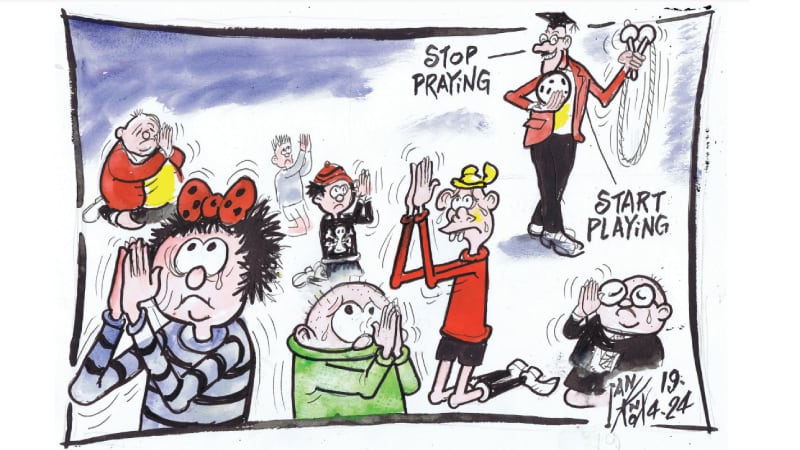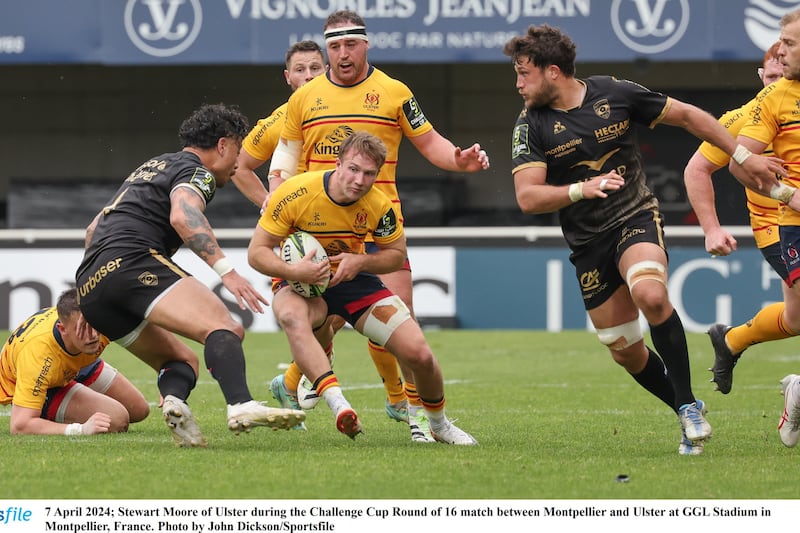It was one of the longest and potentially most expensive trials in Northern Ireland legal history, but the fall out from the rugby rape trial is far more wide reaching than just the financial cost.
Arising from the trial are serious issues over continuous social media commentary, some of which was clearly prejudicial.
Since the end of the trial there have been threats of legal action arising from potentially defamatory comments posted online.
Legal actions that will prolong and ensure this case stays in the public eye for months and possibly years to come.
The judge in the case was forced on occasion to warn the jurors not to pay attention to any of the social media hype around the case.
The identity of the complainant in the case was also posted online, despite that fact she is entitled to lifelong anonymity.
It has now emerged that a member of the jury is being investigated for online comments made after the trial had ended.
There have been quite valid fears raised by organisations such as Women's Aid that victims may be deterred from coming forward given the public scrutiny, including some deeply offensive and misogynist comments posted both during and after the trial.
Earlier this week in the Irish News solicitor Sinead Larkin of Larkin O'Connor Cassidy Solicitors, who specialises in representing victims of domestic and sexual violence, said that while the complainant in the trial "had the benefit of anonymity, this was somewhat superficial given that she was overtly referred to in a trial open to the public".
Ms Larkin has since added: "What the Belfast trial has shown is that even with reporting restrictions the justice system here could not control the flow of information - including the alleged victim's name - into the public domain".
It seems only right that consideration is given as to how any future case is conducted.
The model used successfully in the Republic, where the public gallery is closed in cases of rape and sexual assault, seems the more sensible option.
That justice is done and seen to be done is an important element of our legal system, however, open public galleries with rows of observers, smart phones in hand, must now be questioned in relation to rape proceedings.
Having court reporters present should allow the public access to information without allowing rape and incest trials to become entertainment for spectators and their online followers.
While there is little that can be taken as positive from what has been a brutal and damaging process for all involved, that the justice system might be reformed to make it fit for purpose in any future case of this nature should be welcomed.






